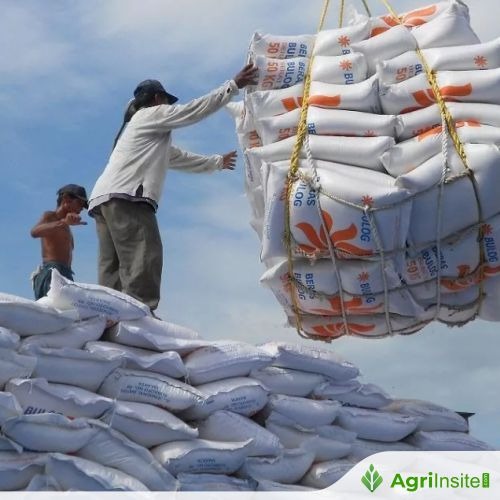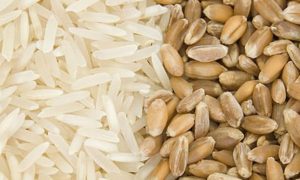Philippines Gov’t to extend rice import ban until end of 2025

The Philippines plans to extend its rice import ban until the end of 2025 to support palay farmgate prices, Agriculture Secretary Francisco Tiu Laurel Jr. said. Total imports from January–September reached 3.5 million MT. Prices recently dipped to P7.50–P14/kg. The government may resume imports in January 2026 or raise tariffs to 35 %.
MANILA, Philippines – The Philippines plans to extend its rice import ban until the end of 2025 to help lift farmgate prices of palay (unmilled rice), Agriculture Secretary Francisco Tiu Laurel Jr. said on Sunday.
Tiu Laurel said the country had imported an excess supply of about 800,000 metric tons as of end-September, bringing total rice imports for the January-September period to 3.5 million MT.
“I-extend na ho ang import stoppage until end of 2025,” Laurel said Monday, October 6, during a briefing at the House of Representatives. (The import stoppage will be extended until the end of 2025.)
Through Executive Order 93, President Ferdinand Marcos Jr. ordered a 60-day import ban starting September following reports of palay prices plunging below P10 per kilogram.Play Video
Part of the plan, according to the agriculture chief, is to resume importation by January 2026 to augment rice supply by 300,000 MT before implementing the import ban again from February to April to coincide with the harvest season.
This is “more or less approved” by the President already, said Laurel, although an order from the Palace has yet to come out.
Palay farmgate prices dipped to as low as P7.50/kilo (fresh palay) according to price monitoring reports of regional offices from September 29 to October 3, said DA Undersecretary Christopher Morales during the briefing.
Another measure the government can take in case importation continues, said Laurel, is to increase tariffs to 35% again.
Farmers’ groups have been calling for the government to reinstate the 35% levy, saying the tariff cut failed to lower prices. Tariff reversion had been supported by the House mega-panel that investigated rice and agricultural prices. The Senate has adopted a similar position as well.
‘Protect local farmers instead’
Public advocacy group Foundation for Economic Freedom took an opposing position, saying a liberalized market will ensure food security and affordability for consumers.
FEF said in a statement Monday that the import ban was “a failure” as farmgate palay prices hover from P8 to P14 per kilo, which is still lower than production cost.
The government’s second option — which is to raise tariffs — will only contribute to the increase the country’s overall inflation, said FEF. More than 110 million Filipinos are consuming rice on a daily basis, the group pointed out.
“In other words, from a sheer cost-benefit analysis perspective, raising rice tariff to 35% will only benefit less than 5% of the total population while penalizing 95% of the Filipino rice consumers,” said FEF.
What the group recommends is that government maintain the tariff rate, lift the import ban, improve productivity of local rice industry, provide local cash assistance, and ensure decent income for farmers.
“Such interventions might be a good political move on the part of our politicians but will be economically and financially onerous to the millions of Filipino consumers,” FEF said.
To Read more about Rice News continue reading Agriinsite.com
Source : Rappler















